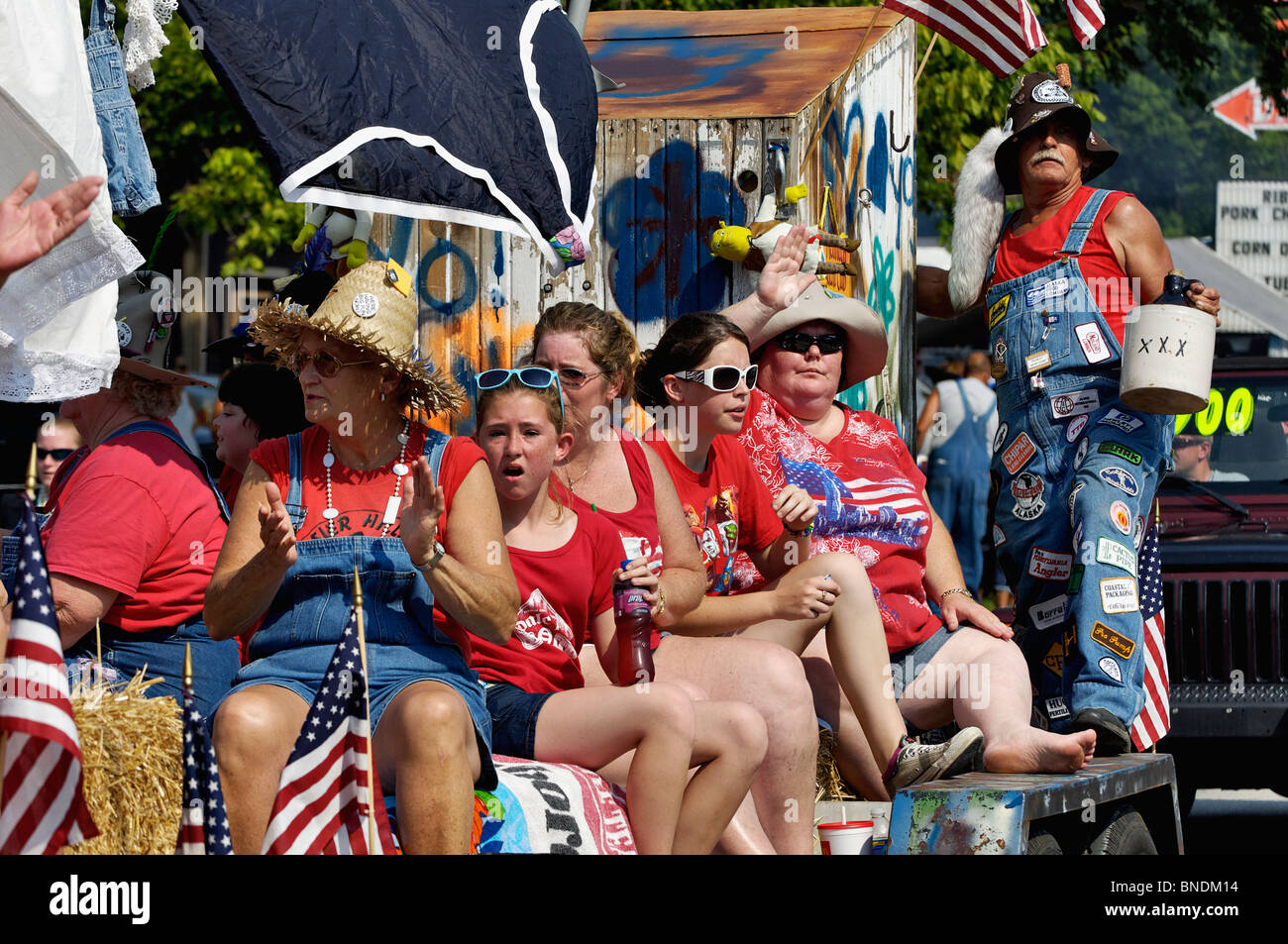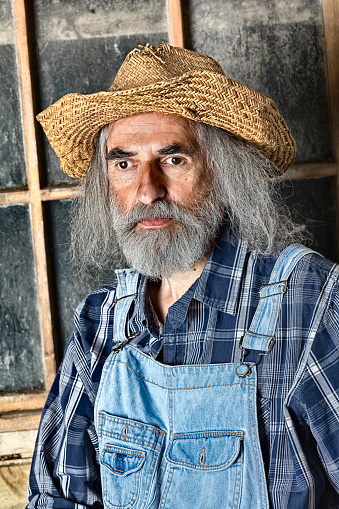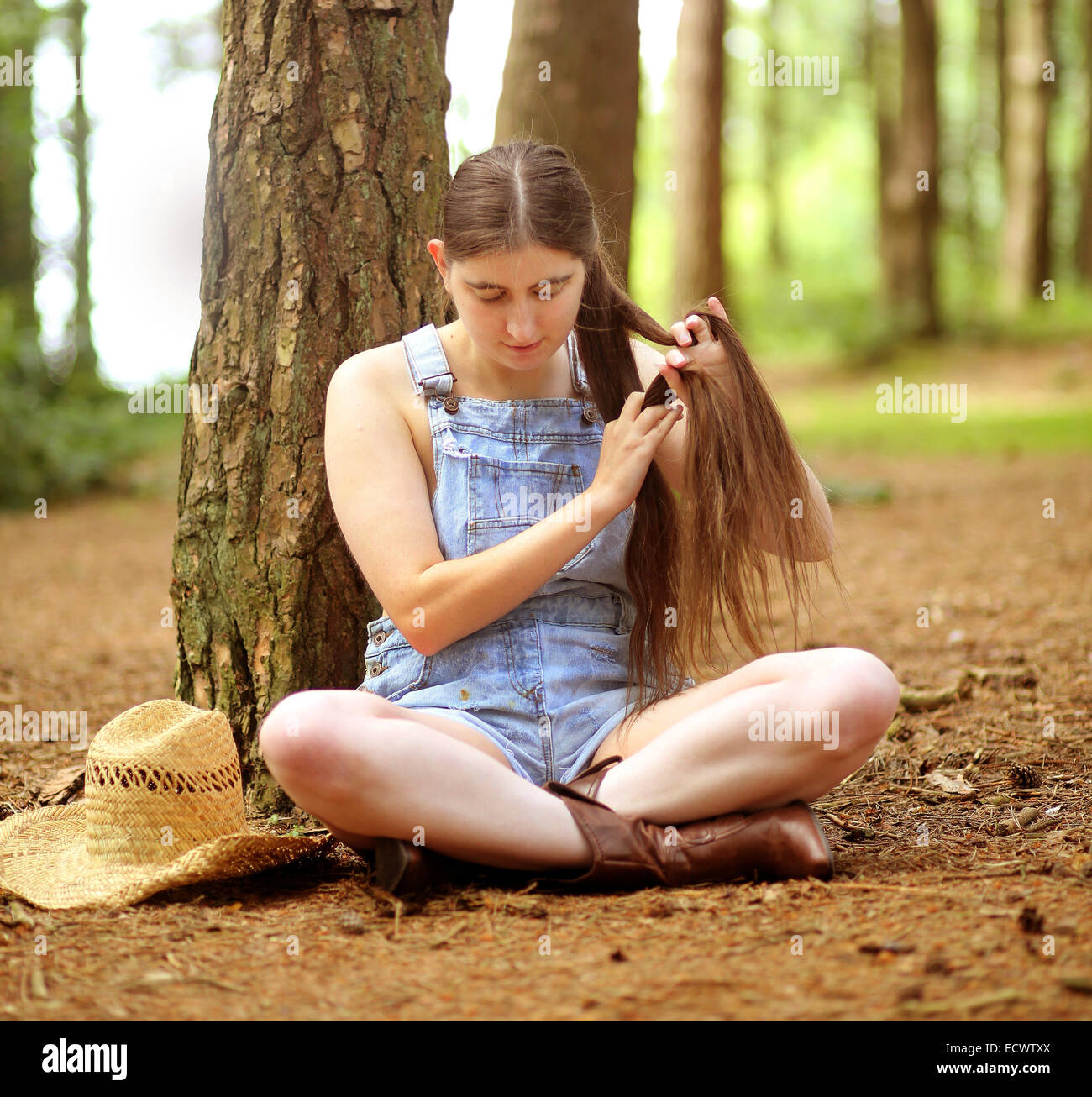Have you ever stopped to think about the words we use to describe people and places, and how those words carry so much history and meaning? It’s pretty wild, you know, how a simple phrase can paint a whole picture, sometimes one that’s not quite fair or complete. Today, we're going to take a closer look at "hillbilly ramblin," a phrase that, for some, brings to mind images of a certain way of life, perhaps a simpler one, often linked to particular parts of the country.
This idea of "hillbilly ramblin" really gets us thinking about what it means to travel through or experience areas where the term "hillbilly" has its roots. It makes us consider the stories, the people, and the landscapes that shape such a perception. It’s not just about a word, but rather about a whole cultural background, and how people move through it, or are seen as moving through it. There’s a lot to unpack, honestly, when you consider how such terms stick around.
So, we'll talk about the historical beginnings of the term, where it came from, and how it has been used. We'll also look at how this word, "hillbilly," has shaped views of people from certain regions, and what it really means to "ramble" in this context. It’s a chance to, like, gain a better grip on a word that's often misunderstood, and to see the richness of the culture it points to, even if the term itself has some baggage.
Table of Contents
- The Roots of a Name: What "Hillbilly" Really Means
- Ramblin' Through Culture: Beyond the Stereotype
- Common Questions About Hillbilly Ramblin'
- Understanding the Journey: A Call for Thought
The Roots of a Name: What "Hillbilly" Really Means
When we talk about "hillbilly ramblin," the first part, "hillbilly," is, you know, pretty central to everything. It’s a word that has been used for a long time, often to describe white people who live in rural, mountainous areas of the United States. This is primarily in places like the Appalachian region and the Ozarks. It’s a geographical marker, yes, but it also carries, like, a whole bunch of social weight with it, sometimes not so good.
The term, actually, has a complex past. It came about as people started moving out of certain areas, and it helped to set these new white migrants apart from other residents, even those with the same skin color. So, in a way, it was a label that created a distinction, a sort of separation, which is pretty interesting when you think about it.
A Historical Look at the Term
Historically, "hillbilly" has been, well, a word used to point out someone from a mountainous part of the U.S. who has a way of life that’s seen as simple. Sometimes, it’s even been used to suggest someone lacks education or, you know, isn't very clever. This is according to information that’s been around for a while, and it shows how the term took on, like, a negative edge over time. It’s not just a descriptive word, but often a judgment, which is kind of sad.
It’s important to note that "hillbilly" often gets lumped in with other words like "redneck" and "hick." These terms, more or less, are also used to talk about people from rural areas, particularly in the Southern United States. However, as a matter of fact, each of these words has its own story, its own particular background, even though they often get thrown around together as insults. It's not all the same, you know.
The words "redneck," "hillbilly," and "hick" are, like, typically the ones we see used when people are talking about folks from the country. But, honestly, each of these delicate terms has its own specific history and context. Understanding these differences is pretty important if you want to get a true grip on how these words came to be and how they’re still used today. It’s not just one big, blurry meaning, you see.
Where the Term Lives: Appalachian and Ozarks Connections
The image of the "hillbilly," honestly, is very, very strongly linked to the Appalachian Mountains. This region stretches across parts of Kentucky, Tennessee, North Carolina, and Virginia, among other states. It’s where the term, you know, really took hold and where its most common visual representations come from. So, when people picture a "hillbilly," they are, like, usually thinking of someone from these specific mountain areas.
This image, it’s worth saying, has been mostly kept alive by movies and television. These media portrayals, quite often, show a very particular version of what a "hillbilly" is like, which can sometimes be far from the actual truth of people’s lives in these regions. It’s almost as if the screen created its own version, separate from the real people, you know.
The Ozarks, too, are another area where the term "hillbilly" has been historically used. These are also rural, mountainous places, sharing some cultural similarities with Appalachia. So, when you hear about "hillbilly ramblin," it’s not just about one specific mountain range, but rather, like, a broader idea of rural, upland living in the American South. It's a bit of a sweeping term, honestly.
Ramblin' Through Culture: Beyond the Stereotype
When we talk about "ramblin'," especially in the context of "hillbilly ramblin," it makes us think about moving through these landscapes, experiencing the culture, and seeing beyond the simple labels. It’s about, you know, understanding the true nature of the people and their ways of life, which are often much richer and more varied than the common stereotypes suggest. It’s a chance to really look closely.
A person from a mountainous area of the U.S. might have a way of life that seems simple to an outsider, but that doesn't, like, mean it's without its own depth or wisdom. The idea that someone who lives far from cities lacks education or is, you know, stupid, is often a very unfair judgment. It’s a perception that comes from a lack of true understanding, honestly, and it’s something we should really try to get past.
Media and the Image: How Perceptions Formed
The "hillbilly" image, as we discussed, was largely created and, like, kept going by movies and television. These stories often showed people in a very specific, sometimes exaggerated, way. This meant that for many people, their main idea of what a "hillbilly" was came from these fictional portrayals, not from actual interactions or, you know, a true look at the culture. It's a powerful way for ideas to spread, for sure.
This kind of portrayal can, honestly, make it hard to see the real people behind the caricatures. It simplifies complex lives into a few easily recognizable traits, which is, like, pretty limiting. When you consider "hillbilly ramblin" through this lens, it’s not just about traveling through a physical space, but also about, you know, moving through layers of cultural assumptions. It's a lot to think about, actually.
The way media shapes our views is pretty significant. For example, if you want to learn more about how media shapes public perception, you could look into studies on cultural representation. Learn more about cultural representation on our site. It’s a big topic, but really helps you get a grip on why certain images stick. It's a bit like how a certain type of story gets told over and over, you know.
Everyday Life and Identity: Simple Ways and Strong Bonds
The everyday life of people in these rural, mountainous areas, like, often involves a strong connection to the land and to their communities. It’s a way of living that values self-reliance and close family ties. This is a big part of their identity, and it’s something that the simple label of "hillbilly" doesn't, you know, quite capture. There’s a lot more to it, honestly, than just a single word.
When we think about "hillbilly ramblin," it’s about appreciating the journey, both literally and figuratively, through these unique cultural landscapes. It’s about seeing the resilience, the resourcefulness, and the deep sense of belonging that defines many of these communities. It’s not just about, you know, a stereotype, but about real people living real lives, which is pretty cool.
The idea of a "simple way of life" can be, like, easily misunderstood. It doesn't mean a life without thought or complexity. Often, it refers to a life that prioritizes different things than, say, a city life might. It’s about living in harmony with the environment, often with strong traditions that have been passed down through generations. So, it’s a choice, in a way, or a continuation of a heritage, rather than a lack of anything, you know?
For those interested in the deeper cultural aspects, you might find it helpful to explore resources like the Center for Appalachian Studies at Appalachian State University. This kind of academic work can provide a much more nuanced view than popular media often does. It's a good place to start, seriously, if you want to understand the true spirit of these regions and the people who call them home. You can find more information about their work at appstudies.appstate.edu.
Common Questions About Hillbilly Ramblin'
People often have questions about terms like "hillbilly" and what they mean in today's world. Here are a few common ones, you know, that come up quite a bit.
Is "hillbilly" always an insult?
Not always, honestly. While "hillbilly" and "redneck" are often used as insults, as people have used them to refer to someone from a rural area, sometimes from the southern United States, they aren't, like, always meant that way. Some people from these regions have actually taken the term back, using it themselves to express pride in their heritage and their way of life. So, it really depends on who is saying it and, you know, how they mean it.
What regions are most associated with the "hillbilly" image?
The "hillbilly" image is, like, most closely linked with the Appalachian Mountains. This area reaches into parts of Kentucky, Tennessee, North Carolina, and Virginia, among other states. The Ozarks region also has a strong connection to the term. So, it's really about those mountainous, rural areas in the eastern and southern parts of the country, you know, where this particular idea took root.
How did the "hillbilly" name set people apart?
The "hillbilly" name, as a matter of fact, helped to set new white migrants apart from other residents who shared their skin color. It was a way of, like, labeling a specific group of people who moved into certain areas, giving them a distinct identity, sometimes for better or worse. It created a kind of social category, you know, that distinguished them from others, even those who might have seemed similar on the surface.
Understanding the Journey: A Call for Thought
So, when we talk about "hillbilly ramblin," it's more than just a phrase. It’s a chance to think about how words shape our views of people and places. It’s about, you know, looking beyond simple labels and trying to understand the full, rich story of a culture. It really makes you consider the impact of language, honestly, and how it can either connect us or, like, create distance.
By exploring the history and meaning of terms like "hillbilly," we can, like, get a better grip on the diverse experiences that make up our world. It encourages us to approach different ways of life with curiosity and respect, rather than relying on old, tired ideas. It’s a journey of understanding, really, and one that’s pretty important to take. You know, it helps us all grow a little bit.
We hope this little look into "hillbilly ramblin" has given you something to think about. It’s a reminder that every word has a past, and every person has a story that goes way beyond any simple label. So, next time you hear a term like this, you know, maybe you’ll pause and consider the bigger picture, the real lives and places it points to. To learn more about cultural terms and their origins, visit our site for more information. It's a pretty interesting topic, honestly.



Detail Author:
- Name : Prof. Parker Toy
- Username : lolita24
- Email : gleason.daisha@toy.com
- Birthdate : 1970-10-14
- Address : 68078 Champlin Ports Suite 954 Jacobsfurt, ID 10196
- Phone : +1-781-487-6746
- Company : Welch, Hauck and Bergstrom
- Job : Cost Estimator
- Bio : Repellendus quo ipsa dolores nihil mollitia voluptas cupiditate. Consequatur eum alias quis commodi.
Socials
linkedin:
- url : https://linkedin.com/in/brendan.bailey
- username : brendan.bailey
- bio : Quis et autem corrupti voluptas nulla et qui.
- followers : 3134
- following : 1009
tiktok:
- url : https://tiktok.com/@brendan.bailey
- username : brendan.bailey
- bio : Sunt quia inventore tempora voluptates. Dolores harum tenetur deleniti officia.
- followers : 1560
- following : 1250
facebook:
- url : https://facebook.com/brendan_bailey
- username : brendan_bailey
- bio : Culpa perferendis sunt rerum dolores et esse.
- followers : 2367
- following : 1329
instagram:
- url : https://instagram.com/baileyb
- username : baileyb
- bio : Enim atque culpa labore dolore necessitatibus. Ratione odit qui ea saepe mollitia.
- followers : 1370
- following : 2235
twitter:
- url : https://twitter.com/brendan_bailey
- username : brendan_bailey
- bio : Facilis ab nihil dolore qui voluptate. A autem est eum non.
- followers : 3007
- following : 805

